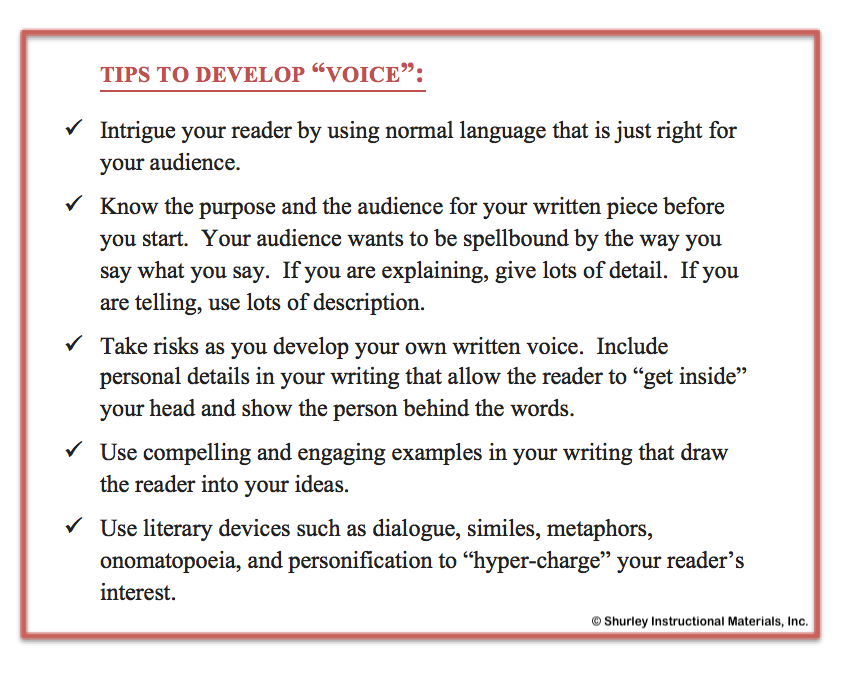If there’s one subject I enjoy teaching almost as much as English grammar, it’s phonemic awareness, phonics, and spelling! I know it’s strange, but my linguistic brain has always identified with letters and the sounds they represent. When I began teaching phonemic awareness and phonics as an aid for spelling, letters began to take on a personality in my brain. It happened quite by accident, but I started noticing that certain letters could be grouped based upon their attributes of both position and function. So, without getting too deep into the linguistics, I would like to introduce you to four important reasons for the Silent Final E. And once kids understand the “why”, it will be easier for them to remember to include the silent e on words that require it. Below is Part 1, which will explain an important feature of vowel pairs. This is a prerequisite to lock down with kids before moving on to the first rule.
You will want to teach the following basic letter pattern concept:
Vowel + Silent Final E : Pattern (V + e)
-When you put a Vowel e just after any one of the other vowels, you make a Vowel Team.
-A Vowel Team is two vowels side by side that make one sound.
-When you put an e after any of the vowels, you will hear the first vowel say its long sound, and the e becomes a silent e.
Here’s a completed list of these vowel teams:













































































































